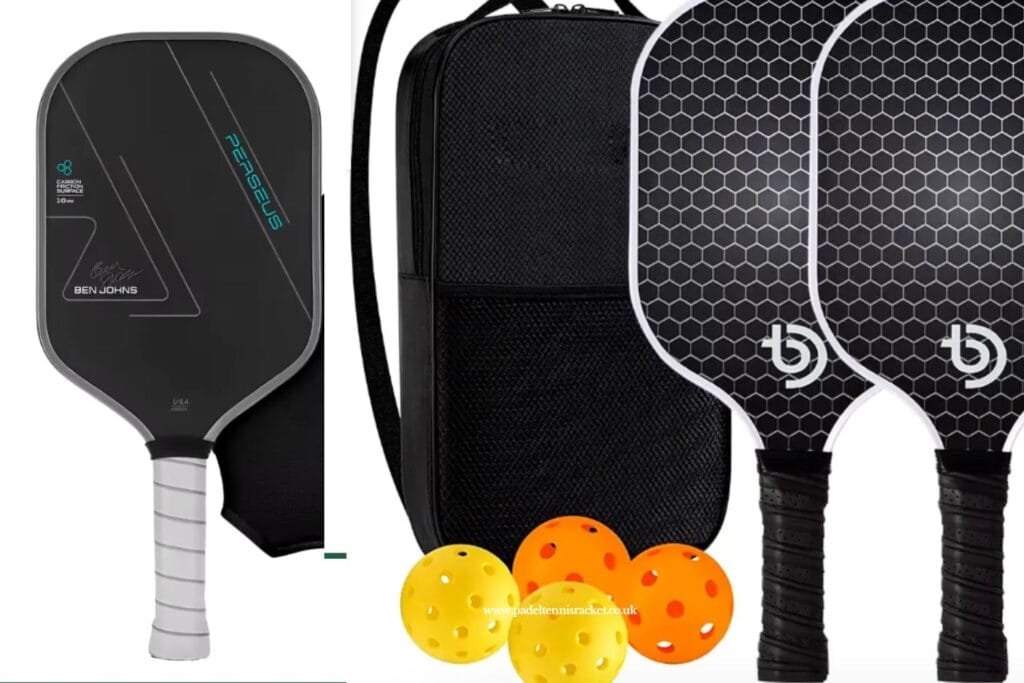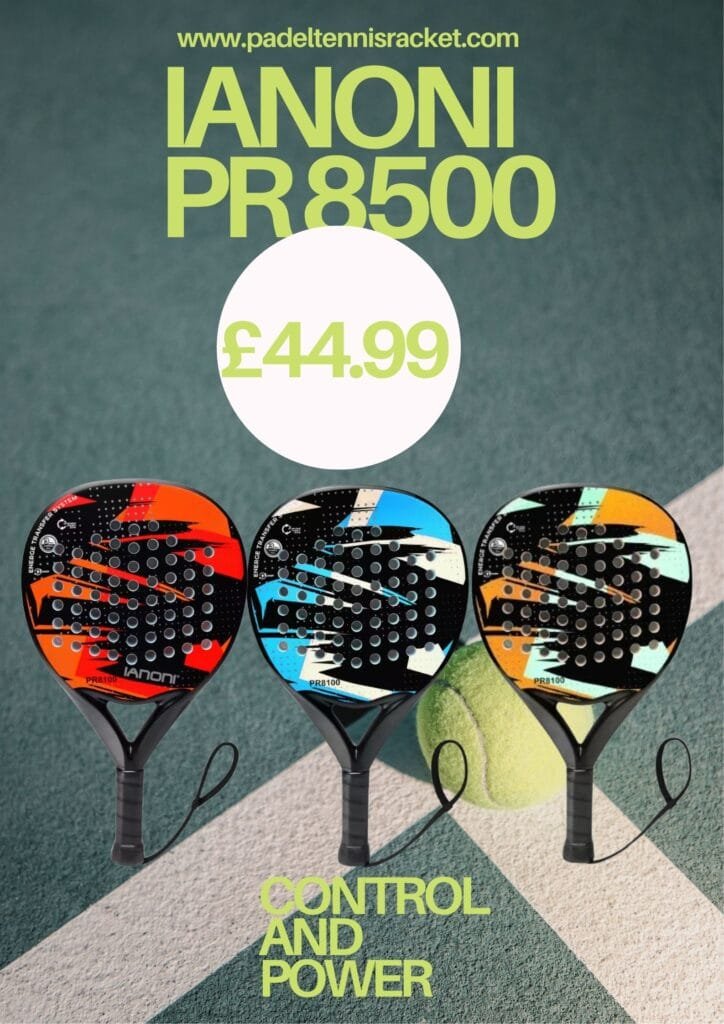
Article: How to Enter Your First Padel Tournament
Entering your first padel tournament can be both thrilling and intimidating. Whether you’re a weekend player or someone looking to test their skills at a more competitive level, knowing how to navigate your first padel tournament experience is essential. From selecting the right event to preparing both physically and mentally, this guide will walk you through the key steps to ensure you make the most of your debut.
1. Understand the Types of Tournaments
Not all padel tournaments are created equal. Depending on your skill level and location, you’ll find a variety of tournament types, local club events, amateur leagues, federation-sanctioned competitions, and even open-entry professional events.
For your first padel tournament, it’s best to start at the amateur or local level. These tournaments typically have lower pressure, a friendly environment, and more lenient rules. Look for events with skill-based brackets (beginner, intermediate, advanced) to ensure you’re matched with similar-level opponents.
2. Find the Right Partner
Since padel tournament play is always doubles, finding the right partner is crucial. Ideally, your partner should complement your playing style and have a similar level of experience. Communication, chemistry, and a shared mindset make a big difference, especially when nerves are high during a first padel tournament match.
Discuss roles in advance, who takes overheads, who plays forehand/backhand side, and how to handle pressure situations. Practicing together before the event will help build trust and coordination.
3. Register and Confirm the Details
Once you’ve selected a padel tournament, visit the organizer’s website or contact them for registration details. Most events will ask for basic information like player names, experience level, and sometimes a small entry fee.
Make sure you understand the format, round-robin, single elimination, or group stages—and the ruleset being followed. Confirm the tournament schedule and venue well in advance so you’re not caught off guard on the day of the event.
4. Train and Prepare
While you don’t need a professional training regimen, a few targeted sessions before your first padel tournament will go a long way. Focus on drills that emphasize consistency, positioning, and communication with your partner.
Practice common in-game scenarios like volleys, lobs, and wall rebounds. Mental preparation is also important. Visualize points, work on your serve routines, and prepare to manage your nerves, something every padel tournament beginner faces.
5. Pack Your Gear
For your first padel tournament, you’ll need more than just your racket. Essentials include:
- Two or more rackets (in case one breaks)
- Quality padel shoes (grip is crucial)
- Plenty of overgrips
- Water and sports drinks
- Energy snacks or bars
- Towel and spare clothes
- A basic first aid kit or tape for blisters
Being properly equipped not only improves your performance but helps you stay comfortable throughout the padel tournament day.
6. Learn the Rules and Etiquette
Every padel tournament has some baseline rules that all players must know: scoring (same as tennis), the service box dimensions, and how the walls come into play. Also, get familiar with etiquette, respect for opponents, line calls, and avoiding disputes.
Good sportsmanship makes a lasting impression and often leads to more opportunities to join future padel tournaments in your area.
7. On the Day: Arrive Early and Stay Focused
Arriving at least 30 minutes before your scheduled match gives you time to check in, warm up, and settle any pre-match nerves. Use this time to walk around the courts, get a feel for the environment, and watch other matches if possible.
Stay hydrated and stick to light meals. Nerves can kick in quickly during your first padel tournament, so take deep breaths and focus on having fun rather than just winning.
8. Post-Tournament Reflection
After your padel tournament experience, take time to reflect. What went well? What could improve? Talk it over with your partner, perhaps even jot down a few notes. Many players become addicted to the atmosphere and competition of padel tournaments, and this post-match analysis can help you progress for future events.
Even if you don’t win your first padel tournament, completing it is an accomplishment in itself. It puts you a step ahead in your game development and connects you to the growing padel community.


